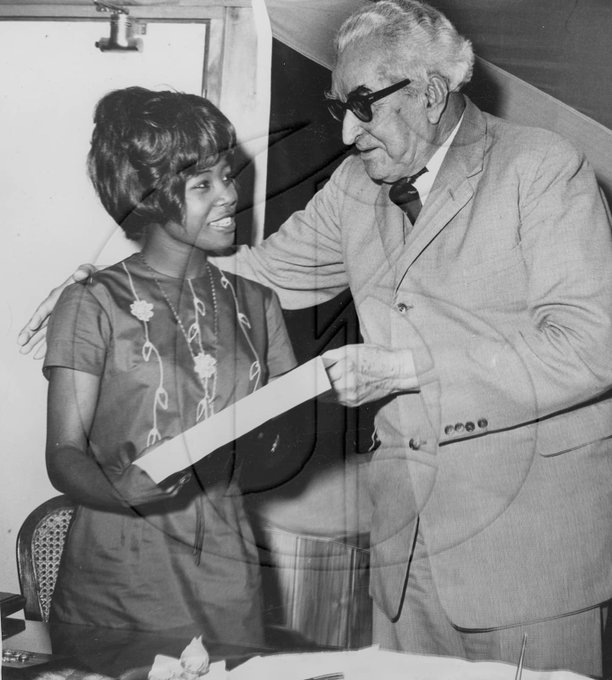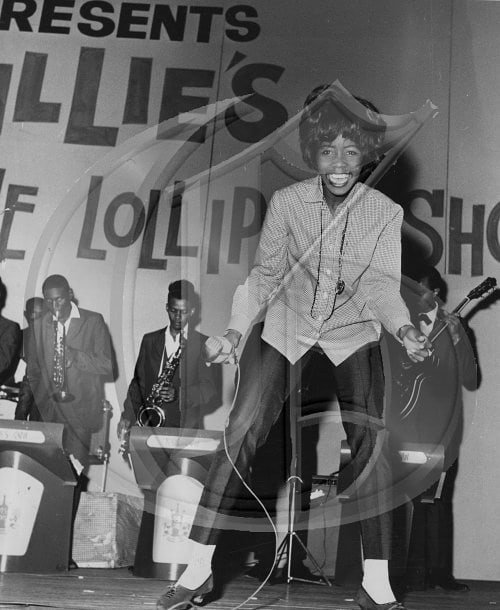'My Boy Lollipop' singer Millie Small will be sorely missed
There has been an outpouring of grief following the death of legendary Jamaican singer Millicent Dolly May Small, popularly known as Millie Small.
She died in the United Kingdom today at the age of 73 after suffering a stroke.
The voice behind My Boy Lollipop, the 1964 ska classic which remains one of the biggest-selling ska songs of all time, with more than seven million in sales, Millie Small had been in retirement for decades.
"We lost Millie and it's very sad," entertainer Dennis Alcapone told The Gleaner.
"It was either Tuesday or Wednesday last week that I spoke to her because someone wanted her number and I called to ask if it was okay to pass it on. Surprisingly, she said yes. But the thing is that Millie sounded so good. She was so upbeat. I was shocked when Barry Biggs called me this morning to say that she had died."
Alcapone said that over the years, he had encouraged Small to get back on the stage, as several persons had reached out to him for shows with her.
"She always told me 'next year'. She was in retirement for so long that she probably lost confidence,"Alcapone surmised.
IN PHOTO: Millie Small with former Prime Minister Sir Alexander Bustamante
Another foundation Jamaican artiste, Winston Francis, was saddened.
"We've lost a real foundation artiste. She was a world icon and was also a lovely person. Millie will be sadly missed," he said.
Owen Gray, with whom Millie Small recorded her first song, told The Gleaner that while he was sad, he had a dream that had forewarned him.
Millie Small was the first singer to expose Jamaican popular music on the international scene and the single, produced by Chris Blackwell's Island Records, reached number two in both the US and the UK in 1964.
Born in Clarendon, she was one of five sisters and seven brothers, raised on the sugar plantation where her father was an overseer.
At the age of 12, she won a talent contest at the Palladium Theatre in Montego Bay; and by her teens, she was recording for Sir Coxone Dodd's Studio One label in Kingston.
There, she teamed up with reggae singer Roy Panton, and they became one of the island's most prolific duos, scoring a major hit with We'll Meet.
Blackwell took an interest in the singer after releasing some of those records in the UK on his fledgling record label, Island, and brought her to London in 1963.
Follow The Gleaner on Twitter and Instagram @JamaicaGleaner and on Facebook @GleanerJamaica. Send us a message on WhatsApp at 1-876-499-0169 or email us at onlinefeedback@gleanerjm.com or editors@gleanerjm.com.



